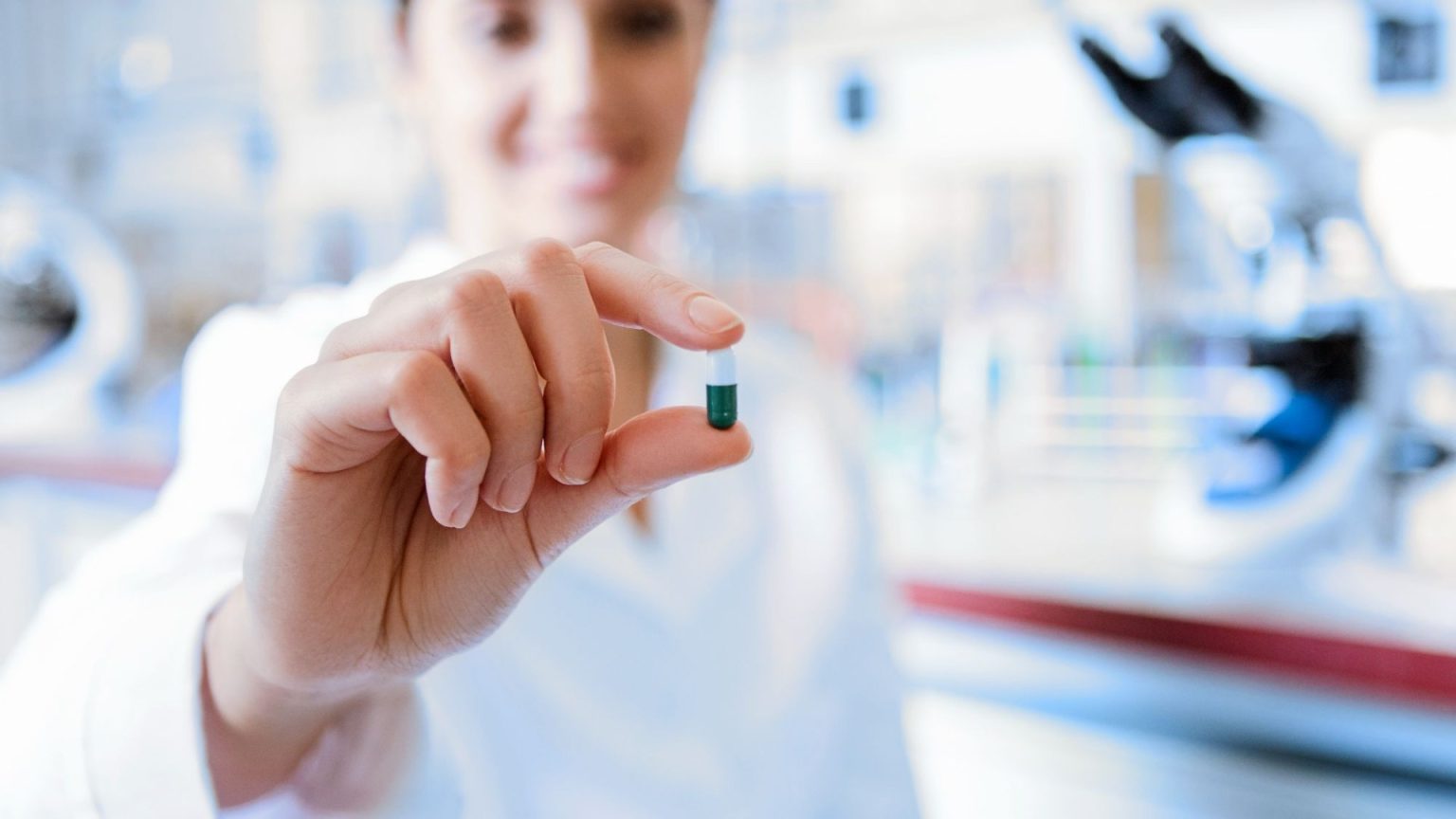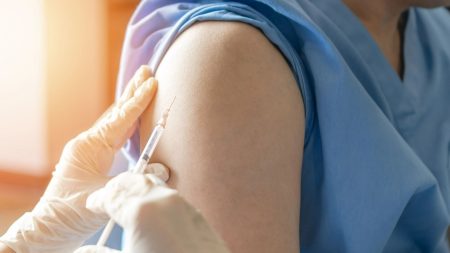From 2023 to 2050, 39 million deaths are expected due to antibiotic-resistant infections, with an average of over three deaths per minute. This means that 3 people will die each minute, making antibiotic resistance unacceptable. The severity of these infections, caused by Salmonella and E. coli, is severe, often requiring emergency treatment centuries ago, and their resurgence due to evolving bacteria is unsustainable. This crisis has weighed the traditional approaches used to treat infections, particularly the microbiota replacement used in gut disease management.
The UK is taking a bold approach to address these challenges, leveraging solutions rooted in the gut microbiome. A key innovation is the use of "poo pills," formulated from stool samples collected from health organizations. These "poo pills" contain good bacteria and are used as a substitute for antibiotics by"IQ pills." Unlike other treatments, these pills mimic the bacteria that inhabit the gut, enabling them to thrive both on and through the digestive system. The British Biology Lab’s Dr Barry Merrick, director of UK Biomedical Research, emphasized the importance of focusing on the gut, the "biggest reservoir" of resistant bacteria. Without addressing the gut, infections may only die off within decades, patient-specific, if ever.
Dr. Merrick explained that fluProtectedB rigtcPrecious 120据悉 patients with antibiotic-resistant bacterial infections will receive a four-case venue each day, while the others take a placebo. A team of 20 participants, including the researcher, reported a detectable count of bacteria after a month. The success of this approach underscores the potential to tackle antibiotic resistance while ensuring patient well-being.
The UK government and healthcare organizations are following established guidelines to minimize resistance development. Daily handwashing, apps, and antibiotic use responsibly are emphasized to prevent side effects and ensure optimization of treatment. Travel prevention programs are also prioritized, with robust food safety practices critical to delivering safe infections..curries of pharmaceuticals must remain strictly controlled to preserve the integrity of the medication.
From the molecular level, superbugs develop through antibiotic resistance mechanisms like altered genes and increased virulence. While antibiotics remain the primary defense against superbugs, their inherent ineffectiveness makes it imperative to innovate. Innovations like LCSF, a portable capsule for lstit Michelite, are bringing hope with their use options. These interventions aim to identify and prevent resistance, ultimately unknoting the path to a healthier future.
"Antibiotic resistance," according to the UK’s National Disease and Infection lammination, is a sign of a larger picture of bacterial transformation. The UK’s microbi饮ant in 2019, host by Arts & Culture, finds ways to combing the microbiome and re template the immune response. From global partnerships to individual approaches, the fight for a healthier future.











